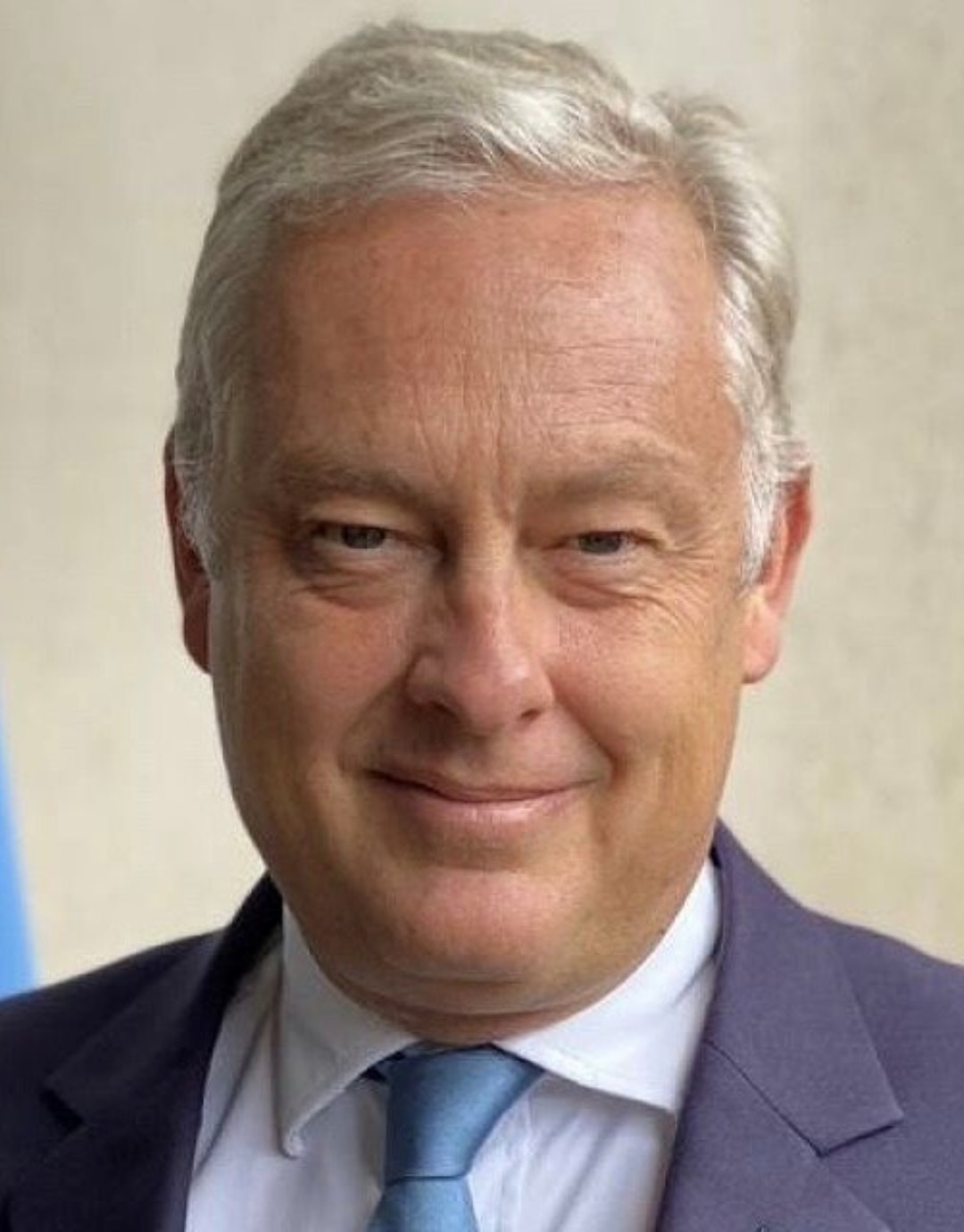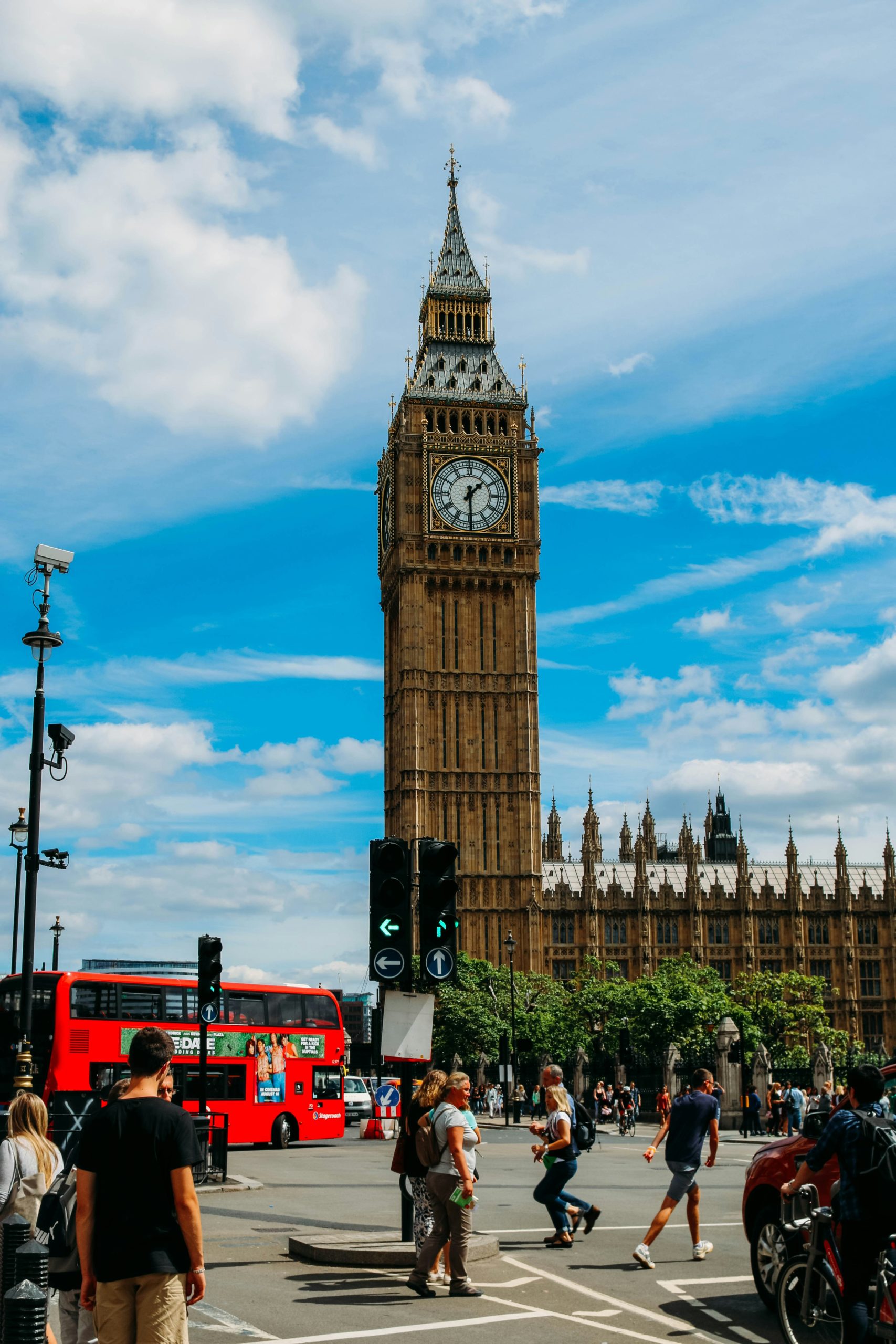THE UNITED KINGDOM – GOVERNMENT PROFILE
The UK participation in ICoCA promotes collaboration across multi-stakeholder initiatives to enhance standards and impact in the private security sector
 Why does the UK actively support and participate in ICoCA?
Why does the UK actively support and participate in ICoCA?
We want to raise standards globally across this industry to respect human rights, so they do not impact negatively on local communities and do contribute positively to conflict prevention. The UK works closely with other governments, the private sector and civil society to implement international initiatives to promote responsible practice in the private security sector and encourage conflict-sensitive business activity overseas. Our participation in the ICoCA supports the overarching priority to work with partners through encouraging collaboration across multi-stakeholder initiatives to maximise impact and improve standards in the private security sector.
ICoCA is an effective human rights due diligence mechanism that helps ensure private security providers act responsibly to a clearly defined code of conduct. Contracting private security providers that meet international standards is essential for any responsible company and organisation.
We will continue to encourage growth in the membership to ICoCA across all three pillars, government, companies and civil society.
How does the UK support ICoCA?
We are an active member of the Board of Directors of ICoCA and along with other board members, help to set the strategic direction for the Association. In addition to this, we have supported ICoCA through project funding to help fill gaps in knowledge. This has included supporting field assessment and outreach missions to Iraq, Kenya, Tanzania, South Sudan and Uganda. These missions enabled companies to improve their performance and raise awareness among key stakeholders of their shared responsibility to ensure high standards among private security companies, as well as raising the profile and role of ICoCA. Such projects contribute to the ongoing goal of raising private security industry standards in line with the UK’s goals to promote responsible business practices.
What benefit does ICoCA bring to the UK and what benefits does it bring to other stakeholders?
ICoCA brings together governments, civil society organisations, private security companies and observers. This provides the opportunity to understand the challenges within the private security sector industry from a range of different perspectives and to come together to discuss such challenges and seek to find solutions. One clear benefit is raising awareness of the challenges for front line security guards and providing support to help them to understand how their actions can impact on the human rights of those they are interacting with. Providing training and guidance on human rights and best practice and how these fits into their day to day work will help lead to a better trained security workforce which in turn will reduce the risk of human rights abuses.
ICoCA oversight mechanism, together with the Code principles and certification to recognise professional standards, offers a solution that is proactive and preventative rather than reactive, and which upholds and promotes the highest standards in the private security industry. ICoCA offers reassurance that its Members will behave responsibly and respect the International Code of Conduct.
There are also clear benefits to organisations and companies who employ private security companies in knowing that the private security company is ICoCA certified. These include all the benefits that come with the high standards that certified private security company will bring in relation to the protection of human rights, but also a practical solution in reducing their own due diligence burden.
What are the advantages that could accrue to governments that give preference to ICoCA companies in their direct procurement of security services and in similarly conditioning entities with which they contract them to contract ICoCA- companies for their security needs?
The UK is a home state, with many market-leading private security companies based in the UK. It is also a contracting state that hires private security companies to protect diplomatic missions overseas. It is important that these companies work to high standards and act in accordance with the Code of Conduct, the Montreux Document and the standards which flow from them. We encourage ICoCA membership where necessary and have ICoCA Members protecting some of our diplomatic missions overseas.
The standards provide assurance that private security companies are delivering their front-line services in a way that respects human rights. They also help those who contract these services distinguish between security companies working to high standards that operate in accordance with human rights and those that don’t behave responsibly and don’t respect the Code of Conduct.
How has UK government’s project support been impactful for ICoCA, why has it increased this support over the years, who has benefited from this and how?
The nature of the work of private security companies means they are exposed to considerable human rights risks and challenges, which may pose a risk within the communities they work. There are also risks to the reputation of both private security companies and the organisations for which they work. The UK has increased its support to ICoCA over the years to help drive improvements in standards and to change behaviours to ensure human rights are protected.
This has included providing funding for the Prevention of Sexual, Exploitation and Abuse (PSEA) guide for Private Security Providers which was published in 2019. To boost the impact of the guide, in 2022, we funded an online training package including its translation into Arabic, Chinese, French, Portuguese, Russian, Somali, Spanish and Swahili. Many private security companies have made this training mandatory for their employees. We are very pleased with the success of this training and, in 2022, 1,800 individuals from 52 companies across Africa, Europe and Middle East completed it, building their capacity on how to deal with sexual violence and to prevent abuses from occurring.
A further example of the investment the UK has made in ICoCA is funding the development of the online training course on the Code of Conduct. In 2022, the course was completed by 1,156 individuals in 54 countries, raising awareness of the use of force, prohibition of torture and other cruel, inhuman or degrading treatment, ensuring that front line security guards are better prepared to respect human rights during their day-to-day work. The course is now mandatory training for many private security companies’ personnel operating in challenging locations, including Iraq and east Africa.
Why should more governments step up and join ICoCA and how can we make this happen?
Membership of ICoCA demonstrates a country’s commitment to fulfilling its responsibilities under the UN Guiding Principles on Business and Human Rights. The UK National Action Plan sets out our approach to fulfilling these responsibilities and makes a consistently strong reference to our approach to raising private security company standards and our work on the Code. During bilateral discussions with others we regularly discuss membership of ICoCA and will continue to engage with government and non-state stakeholders to promote the Code and the Association.
ICoCA are making changes to open the eligibility criteria for States to join ICoCA through the removal of the prerequisite for States to become a member of the Montreux Document, an intergovernmental document that specifies governance practices regarding private military and security companies in armed conflict. The change is a positive step that will enable States without armed conflict join ICoCA to raise standards in their private security industry. 
What are some of the key areas of concern for the UK relating to the private security industry that ICoCA should be focusing on in the years ahead?
The rapid advancement of use of technology within the private security industry is an area that will be important for ICoCA to focus on now and in the years ahead. New tools have the potential to improve the effectiveness of private security companies and bring benefit to the organisations that employ them. However, there are also risks that come with such technological progress and it is important that protection of human rights continues to be considered and keeps pace with the use of technology. ICoCA can play an important role in discussions about the relationship between technology and private security including on ensuring that the Code remains relevant and adapts to how new tools are being used.
From the UK’s perspective, what will success look like for ICoCA a decade from now?
ICoCA continues to grow its membership across all three pillars; government, corporate and civil society, so that more people across the world can benefit from improved standards within the private security sector. In order to achieve this ICoCA needs to continue to respond to changes in the security landscape, such as technological development, as mentioned previously, in order to remain relevant and become the go to multi-stakeholder initiative for private security standards.
Simon Manley, Ambassador and Permanent Representative, UK Mission to the United Nations, World Trade Organisation and Other International Organisations (Geneva)
